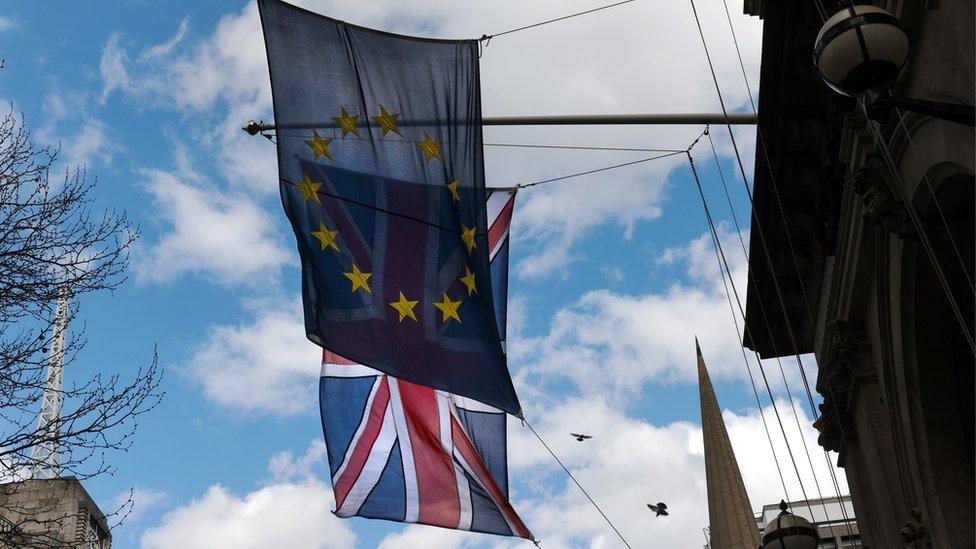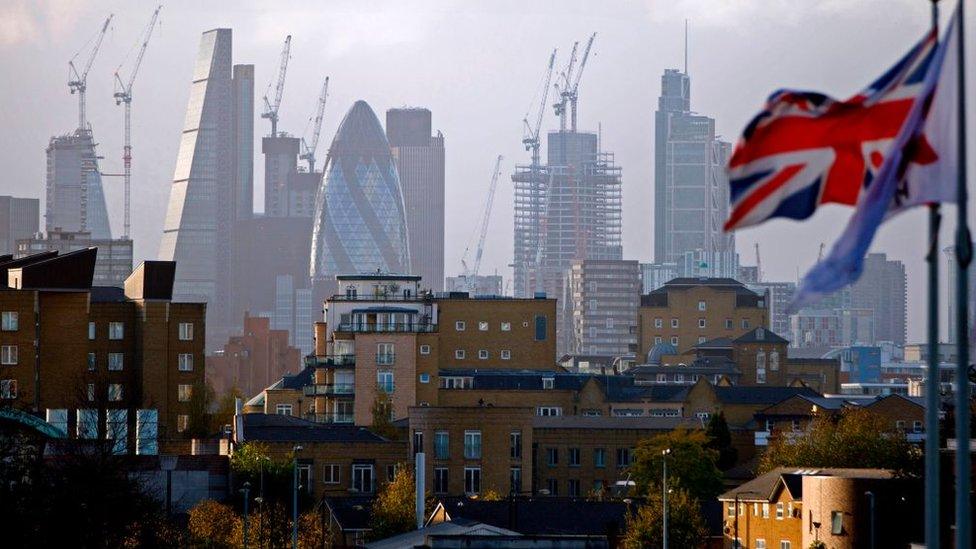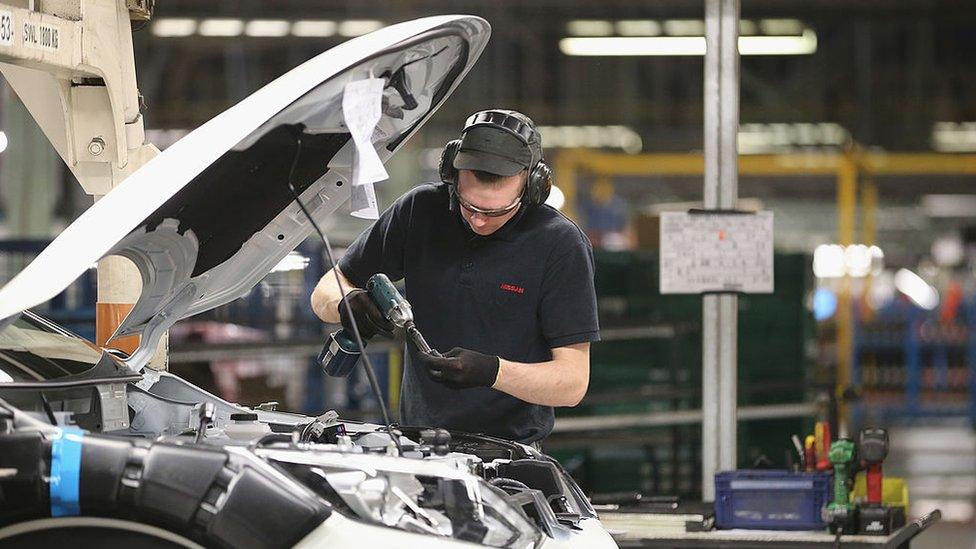CBI: 'Time to stop Brexit soap opera'
- Published

Current Brexit negotiations resemble "a prime-time soap opera", the president of the CBI will say on Monday.
Paul Drechsler will tell the lobby group's annual conference it is time for government and business to unite behind "a clear strategy".
This new approach is needed to protect the UK's economy, he will say.
Research conducted by the CBI suggests 60% of firms will trigger contingency plans by the end of March 2018, if no transition deal is agreed by then.
'Different episodes'
"We need a single, clear strategy, a plan for what we want, and what kind of relationship we seek with the EU," Mr Drechsler is set to say.
"At the moment, I'm reminded of a prime-time soap opera, with a different episode each week. First Lancaster House, then Article 50, the European Council, two dinners with Juncker - and no doubt many exciting instalments to follow," he will say.
"Each one becomes the Big Story, until the next one rolls around."

Mark Carney: 'UK growth slower without Brexit deal'
The UK economy will grow more slowly in the short term if no deal for a future trade agreement with the EU is reached, the Bank of England governor has said. In an ITV interview he was asked if the economy would be adversely affected if there was no Brexit deal.
"The short answer is yes, in the short term... In the short term, without question, if we have materially less access (to the EU) than we have now, this economy is going to need to re-orient and during that period of time it will weigh on growth," he said.

A third of firms will have begun to implement contingency plans by the end of January, if there is no further certainty before then.
Business representatives have repeatedly called for faster progress and more clarity over what will happen in March 2019 when the UK is due to formally leave the European Union.
The government has proposed a transition or "implementation" period to allow businesses to adjust to new trading conditions, but the terms and length of the adjustment period have yet to be decided.
Last month five business groups, including the CBI, wrote to the Brexit Secretary, David Davis, to warn that the UK risks losing jobs and investment unless a transition deal is agreed by the end of the year.
However, formal discussions on transition arrangements and future trade relations cannot begin before the UK and the EU reach an agreement over a financial settlement.
'Clock is ticking'
A survey of CBI members suggests that 13% of companies have not yet discussed Brexit at board level; those firms "need to roll up their sleeves" according to the CBI.
The CBI said smaller businesses are "struggling" and are less prepared than larger firms.
One in ten firms have already begun to move staff or slow recruitment as they await the outcome of Brexit negotiations, the CBI said.
The lobby group warned that the "clock is ticking", with Brexit 508 days away.
Mr Drechsler will also emphasise the need for government and business to focus on improving productivity in the UK, which lags significantly behind US, France and Germany.
He will call for the apprenticeship levy, introduced earlier this year to encourage large businesses to take on more apprentices, to be made more flexible, and for more investment in schools, including protection for "per pupil" funding.
- Published23 October 2017

- Published16 July 2017
